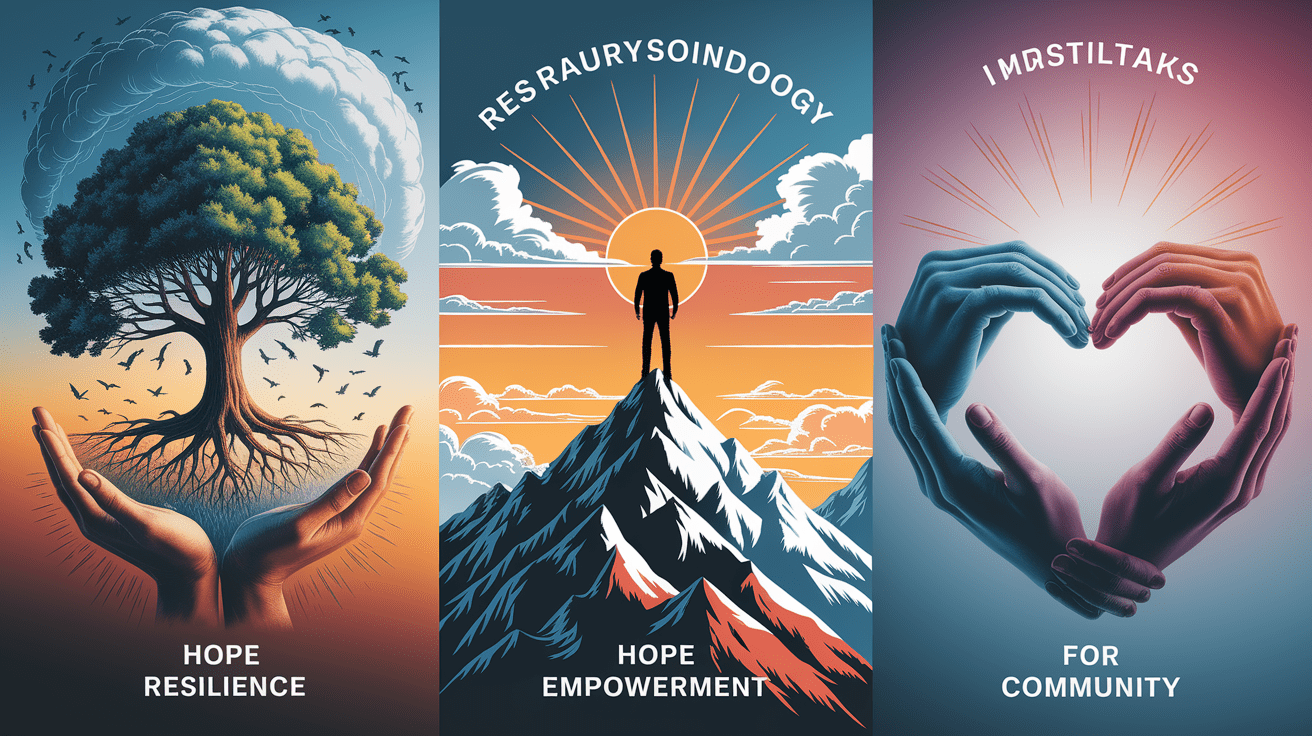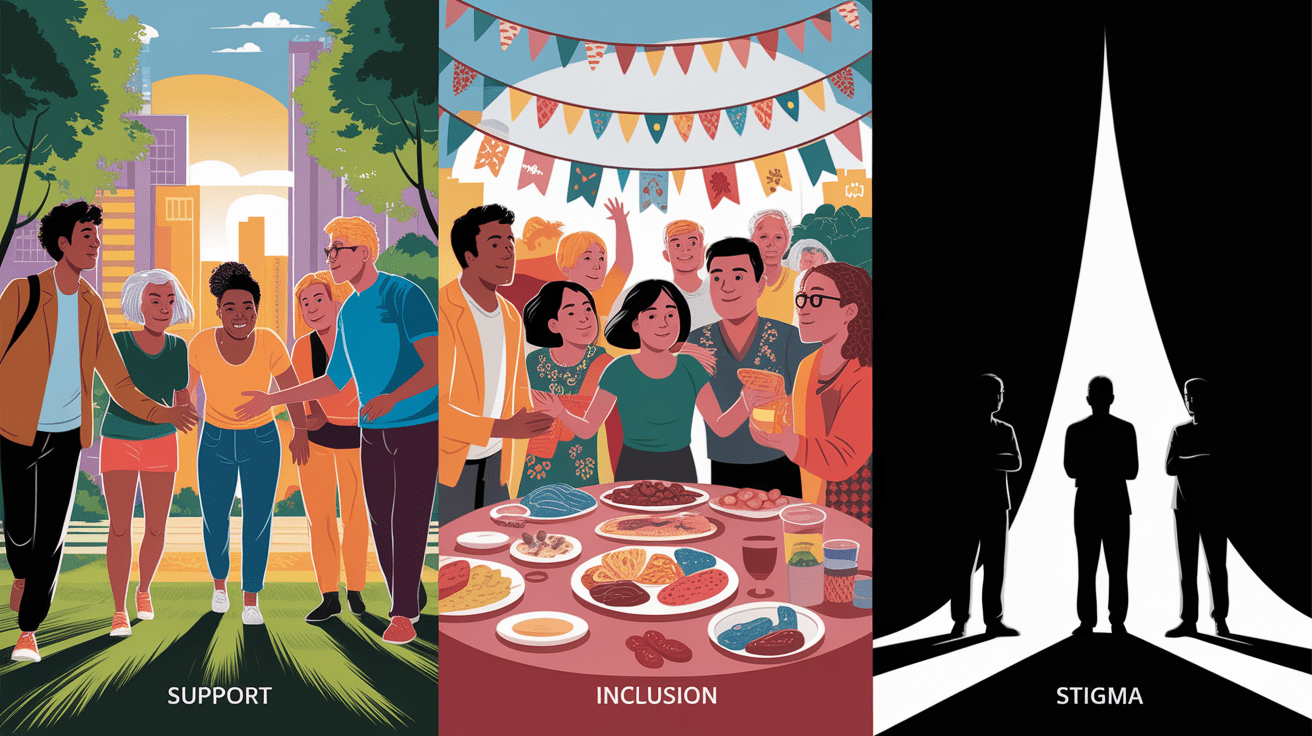Mind Over Molecules: The Psychology of Addiction Recovery
Introduction – Unlocking the Psychology of Recovery
Recovery from addiction is far more complex than the cessation of substance use. At its core, addiction recovery psychology considers recovery a dynamic and deeply personal process involving transformation across cognitive, emotional, and social dimensions. This perspective, rooted in the mental health recovery movement, shifts the focus from symptom elimination to fostering coping skills, empowerment, hope, and identity restoration. It recognizes that substance abuse and behavioral addiction often stem from multifaceted psychological, biological, and social components, requiring comprehensive interventions that go beyond detoxification or medical management.

Core Principles of Recovery Psychology
Evidence-based research such as that summarized in systematic reviews of addiction recovery highlights several core principles essential for effective outcomes:

- Holistic Approach: Addressing biological, psychological, social, and spiritual aspects of recovery simultaneously.
- Individualized Pathways: Recovery is client-centered, with progress aligned to the individual’s goals, values, and circumstances.
- Sustained Change: Recognizing recovery as an ongoing journey, rather than a singular event.
- Non-linear Progression: Expecting and planning for potential setbacks and relapse events as part of the process.
- Beyond Abstinence: Encompassing improved mental health, social participation, and personal identity restoration.
The SAMHSA working definition reinforces that recovery should improve overall quality of life, not solely focus on stopping substance use.
Behavioral Therapies that Drive Change
Behavioral therapies form a cornerstone of effective addiction treatment, as described by the National Institute on Drug Abuse. By targeting maladaptive behavioral patterns and psychological dependence, these therapies help individuals develop healthier coping mechanisms and prevent relapse:

- Cognitive Behavioral Therapy (CBT): Assists individuals in identifying addiction triggers, modifying thought patterns, and learning practical coping skills for high-risk situations.
- Contingency Management: Provides tangible rewards for maintaining sobriety, leveraging behavioral reinforcement principles.
- Motivational Enhancement Therapy: Uses motivational interviewing techniques to deepen commitment to change and strengthen internal motivation.
- Family Therapy: Addresses relational factors and supports family members, reducing conflict and fostering a supportive home environment.
- Twelve-Step Facilitation: Connects individuals with structured mutual aid networks like a 12-step program to enhance social accountability and sustained sobriety.
These approaches are often integrated with addiction medicine and recovery support groups to manage withdrawal symptoms, enhance emotional regulation, and support neuroplasticity-based healing.
Psychological Components: Building Resilience and Identity
Recovery psychology emphasizes transforming one’s sense of self and enhancing resilience against relapse. According to research on empowerment and identity change, key psychological components include:

- Identity Reconstruction: Moving from an “addict” identity to a self-concept rooted in health and purpose.
- Resilience Development: Strengthening the capacity to adapt to stress and resist relapse triggers through approaches like mindfulness-based relapse prevention.
- Emotional Regulation: Learning to manage intense emotions without resorting to substance use, often through trauma-informed care and stress management techniques.
- Coping Mechanisms: Building healthy strategies, such as mindfulness, structured problem solving, and engagement in therapeutic communities.
Psychological healing in recovery can be gradual, with progress contingent upon sustained effort, personalized interventions, and addressing co-occurring mental health disorders.
Social Dimensions: Support, Inclusion, and Stigma
Social factors play a pivotal role in both the onset and recovery from addiction. The holistic recovery model emphasizes the importance of social inclusion, community engagement, and stigma reduction:

- Rebuilding Relationships: Repairing familial bonds through family therapy and establishing new supportive connections.
- Community Participation: Joining recovery support groups, group therapy, or a therapeutic community to enhance motivation and accountability.
- Reducing Stigma: Confronting negative societal perceptions that hinder recovery opportunities and social reintegration.
- Support Structures: Utilizing community resources such as rehabilitation centers, housing programs, and vocational support to strengthen recovery stability.
Addressing addiction stigma and fostering inclusion can significantly improve self-assurance and sobriety maintenance outcomes.
Integrated, Holistic Recovery: Beyond Abstinence
Recovery psychology advocates for a comprehensive approach that extends beyond simply quitting substances. According to multidimensional recovery research, integration of medical, psychological, and social interventions is critical:
- Dual Diagnosis Care: Simultaneous treatment for mental health disorders and substance use conditions.
- Physical Health Management: Addressing medical needs such as nutrition, exercise, and chronic conditions affected by substance abuse.
- Vocational and Housing Support: Reducing environmental stressors that may contribute to relapse.
- Harm Reduction Strategies: Incorporating safe-use interventions for those transitioning towards abstinence.
- Ongoing Assessment: Adapting treatment plans through continuous addiction assessment and recovery coaching.
This integrated perspective recognizes that recovery is about sustained improvements in all life domains, fostering long-term well-being.
Conclusion – Charting Your Path to Lasting Recovery
Addiction recovery is as much a psychological transformation as it is a behavioral change. By embracing evidence-based therapies, strengthening resilience, leveraging social supports, and adopting a holistic approach, individuals can develop enduring pathways to sobriety. Understanding recovery through the lens of addiction neuroscience and human potential allows for compassionate, tailored strategies that support not only abstinence but also a fulfilling, self-directed life.







